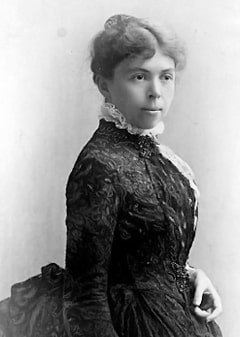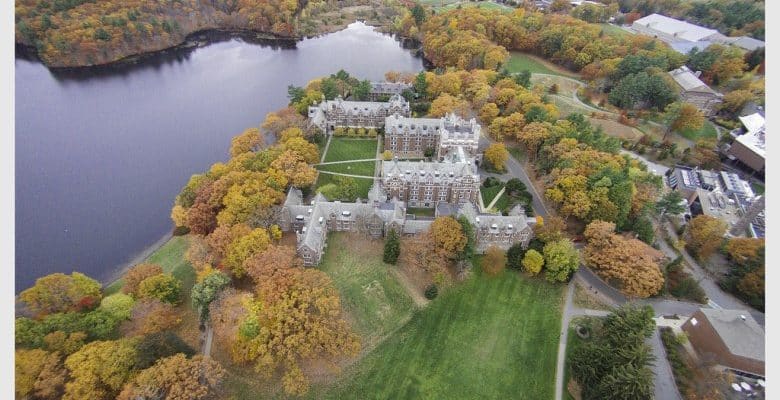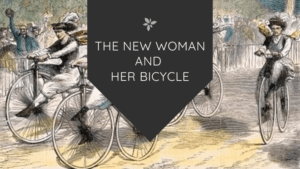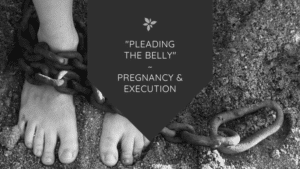Alice Freeman Palmer was an amazing American educator, born in 1855. She became the President of Wellesley College in 1881 and worked as a Dean of Women at the University of Chicago. In the late 19th and early 20th centuries, Alice was among the most influential people who expanded the academic horizons for women in the USA.
Education

This wonderful woman inherited this desire and enthusiasm to advocate for children and women’s rights from her father. She was motivated even to teach herself to read at the age of three.
In 1870 she enrolled in an entrance examination for women at the University of Michigan. The president of the university was highly impressed by her skills and warmth, so she was accepted. Alice was a fast learner, and when she genuinely wanted something, she achieved it with ease. She became the first in her class.
Impressive Career
After she graduated, Alice became a principal of the high school at East Saginaw, Michigan. Alice received offers to teach at Wellesley College in Mathematics and Greek.
Due to her younger sister’s failing health, she declined. Unfortunately, Alice’s younger sister died.
She was offered to teach history in 1879 and she finally accepted. In 1881 she was named as the acting president of Wellesley College.
Then Henry Durant who was the founder of Wellesley College died. Once Durant died, she got elected to be the president of the college at 26 years old. This was a huge honor because she was the first woman who became the head of such a famous national college.
Alice Palmer worked hard to improve the college. One of the first things she did was to overhaul the academic program at the university. She managed to transform the school from a Christian domestic college into a national premier college for women.
Alice also helped with:
- Improvement to the academic curriculum
- Worked to raise the admissions standards
- Set up 15 feeder schools that helped with preparation for college
- Added well established and honored faculty members
The prevailing opinion about women’s education was controversial back then, but she improved the general image of women in higher education.
People had outdated understandings that the education of women would affect their femininity and even health in a negative way. Alice successfully disputed this statement and showed women deserve to go to college.
In 1892, Alice accepted an offer to be the non-resident dean of the women’s department. This department would be helping students plan out the educational career and better connect the university with the students.
Accomplishments
In 1882 Alice was awarded a Ph.D. as an honor by the University of Michigan. She was also given an honorary L.H.D. in 1887 from Columbia University.
Alice profoundly influenced the overall image and perception of educated women back then. She was a national figure who fought for women’s rights and a pioneer in their advanced college education.
The society in Boston saw her as an independent, respected, and devoted to bolstering women’s education.
Her impressive career did not end when she retired from Wellesley College. She was invited to write articles for well-known major magazines. She did not stop trying to increase the opportunities for women to study in college and take advantage of scholarships.
From 1889 Alice continued to advocate women’s rights and education, and lecture about them. Many organizations had her as a trustee and relied on her for solving educational problems.
When she found out about a case where a young woman was not accepted in one college just because she was a minority, she resigned as a trustee of that college. The school had to modify its policy.
Alice also helped with the organization of the Woman’s Building which was being prepared for the World’s Fair in Chicago.
Students Consultations and Associations
Alice did many things and was incredibly involved in education associations.
- 1889 to 1902 Alice was a member in the Massachusetts State Board of Education.
- Another great accomplishment was her becoming a president of the Woman’s Education Association in Boston in 1891.
- She was proclaimed an executive officer of the Association for promoting Scientific Research by Women.
- Alice also became a President of the International Institute for Girls in Spain.
Alice Freeman Palmer did a remarkable job improving women’s rights for getting proper education and disputing people’s outdated beliefs that women did not need to go to college. According to her, there was no reason for women not to attend college in the contemporary society. She claimed it was necessary for all women’s self-worth to dominate and become experts in certain areas.
In 1902 she had to undergo a surgery, and unfortunately, died of a heart attack. She was honored for her life accomplishments at Harvard University later in 1903. In 1909 they even erected a monument in her honor at Wellesley College.
Alice Freeman Palmer was a great woman and contributed greatly to the educational rights of women.
Next, read about Mary Bunting, Champion of Women’s Education or Nana Asma’u: princess, poet, reformer of Muslim women’s education.
Derek Carter is the founder of PathIntoCollege.com a website that helps high school students transition to college. He contributes articles about how to get into college and what career paths college students should look at during college. His articles are published on many different educational and career websites. Learn more about getting into college or college careers visit his website at PathIntoCollege.com.







Leave a Reply